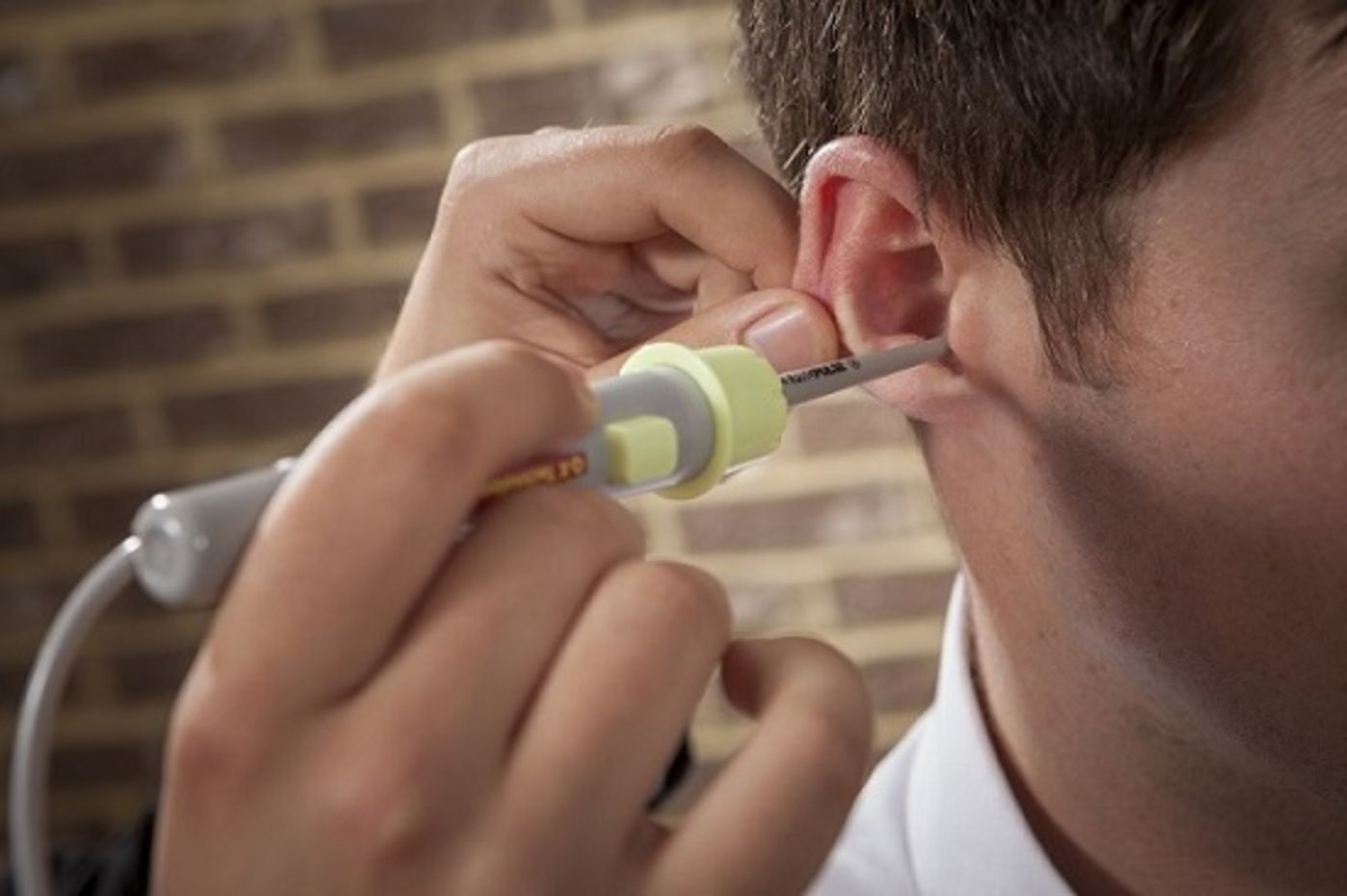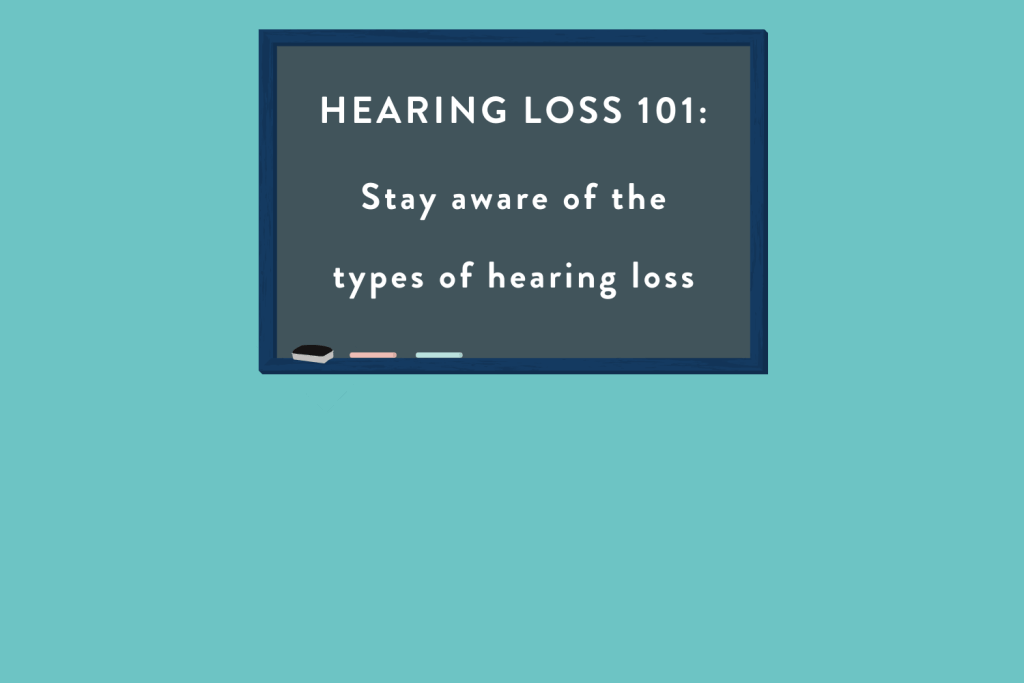Hearing loss isn’t just caused by ageing – it can affect anyone from new-born babies to centenarians. What differs are the causes and types of hearing loss. So whether you’re 22 or 102 and you’re suffering from any of the following hearing loss symptoms, make sure to get your ears checked by a professional.
Age-related hearing loss
Age-related hearing loss is the most common form of hearing loss. [1] It’s sometimes called presbycusis. As we get older, the tiny hair cells in the inner ear that detect sound vibrations can begin to wear out, causing reduced hearing sensitivity. If you’re starting to find it difficult to keep up with group conversations or you’re often asking people to repeat what they’ve said, you might have age-related hearing loss.
Although there is no cure, hearing aids can provide significant – often life-changing – relief from the effects of age-related hearing loss.
Noise-related hearing loss
If you have a job that involves being around loud machinery or equipment, or you’ve always loved listening to loud music a little too much, you might notice gradual hearing loss in both or one of your ears. The safe limit is 85 decibels, which is about the noise level you experience standing next to a fast, busy road. You can find out more about what is considered safe and unsafe here.
As with age-related hearing loss above, it’s caused by damage to the hair cells in your inner ear. Again, there’s no cure, but hearing aids can help greatly.
Ear infection
Have you had an earache, felt pressure in your ear or noticed discharge coming from your ear? These signs of hearing loss might indicate an ear infection.
Usually, you should be able to get this cleared up without any serious problems, but make sure to get seen by your GP and get treatment. Once it’s cleared up if you are still noticing issues then get your hearing checked by an Audiologist to make sure there isn’t anything else going on that needs treatment.
Earwax build-up
If one or both of your ears are itchy and feel like they’re blocked up (resulting in difficulty hearing) you might have a build-up of earwax. It’s important NOT to attempt any home remedies to earwax build-up, such as cotton buds, but to visit a specialist to remove the wax.
The Hearing Care Partnership offers the latest and safest earwax removal methods that you can discuss with one of our experts when you book an appointment.

Perforated eardrum
Symptoms of hearing loss that occur very suddenly could be caused by a perforated eardrum. This could be if you have been exposed to very loud noise or a change in air pressure when flying.
Externally it’s impossible to tell if your eardrum has been perforated, so if you’re experiencing sudden hearing loss after this type of incident, go to a professional who will be able to advise you on the best course of treatment.
Labyrinthitis or Ménière’s Disease
If you’re experiencing dizziness, a spinning sensation or ringing in your ears along with sudden hearing loss and a feeling of fullness or pressure in the ear, you may have Labyrinthitis or Ménière’s Disease. Ménière’s Disease can be incredibly distressing, so it’s important to get the help you need as soon as possible to help deal with your symptoms.
Sudden hearing loss
If you experience a sudden change in hearing, especially in just one ear, then get your ears checked as quickly as possible. Sudden hearing loss (or a change in hearing sensitivity) can be a sign of viral or vascular damage which needs urgent treatment.
Book an appointment
If you are experiencing any of the above types of hearing loss, The Hearing Care Partnership is here to help.
Our friendly audiologists will be able to give you a full hearing test health check and advise you on the best cause of treatment – from earwax removal to hearing aids to lifestyle changes.
Call us on 0800 52 00 546 or visit our website to book an appointment at your local branch.

